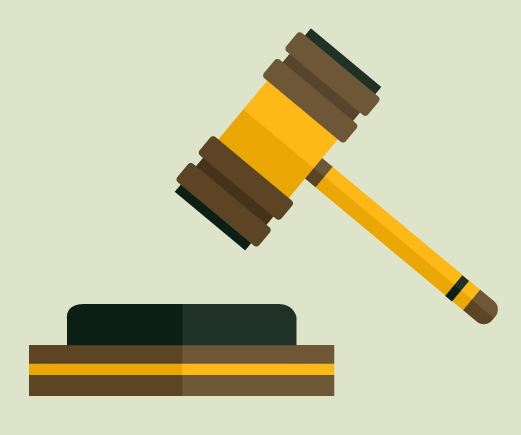The background to this case was that Eli Lilly owned a patent that claims within the patent the use of “pemetrexed disodium” in the manufacture of a medical treatment substance that when combined with vitamin B12 can be used as chemotherapy drugs to treat cancer. Actavis sought declarations of non-infringement for its proposed products which included the following variations on pemetrexed disodium: (a) pemetrexed diacid, (b) pemetrexed ditromethamine and (c) pemetrexed dipotassium. Actavis sought these declarations in the UK, French, Spanish and Italian designations of Eli Lilly’s patent.
The Supreme Court overturned the earlier decisions of both the High Court and Court of Appeal and ruled that the Actavis products do in fact directly infringe Eli Lilly’s patent. Lord Neuberger came to this decision following a detailed review of Article 69(1) EPC 2000, and Articles 1 and 2 of the Protocol on the Interpretation of article 69, which provide the basis for interpretation for the scope of protection given to patent claims.
Lord Neuberger reformulated the previous guidance questions on the test for infringement as follows (where an answer of yes to any of the questions below indicates infringement has occurred):
- Notwithstanding that it is not within the literal meaning of the relevant claim(s) of the patent, does the variant achieve substantially the same result in substantially the same way as the invention, i.e. the inventive concept revealed by the patent?
- Would it be obvious to the person skilled in the art, reading the patent at the priority date, but knowing that the variant achieves substantially the same result as the invention, that it does so in substantially the same way as the invention?
- Would such a reader of the patent have concluded that the patentee nonetheless intended that strict compliance with the literal meaning of the relevant claim(s) of the patent was an essential requirement of the invention?
When the Supreme Court applied these questions to Actavis’ products, it found that they directly infringe on Eli Lilly’s patent.
The UK Supreme Court’s judgment in Actavis v Eli Lilly marks the most significant development in UK patent law for decades because it has changed the test for patent infringement in the UK. The re-introduction of a doctrine of equivalents into UK patent law should create a more consistent approach to the interpretation of the scope of patent protection across Europe.
Source: http://bit.ly/2vmHQgY


